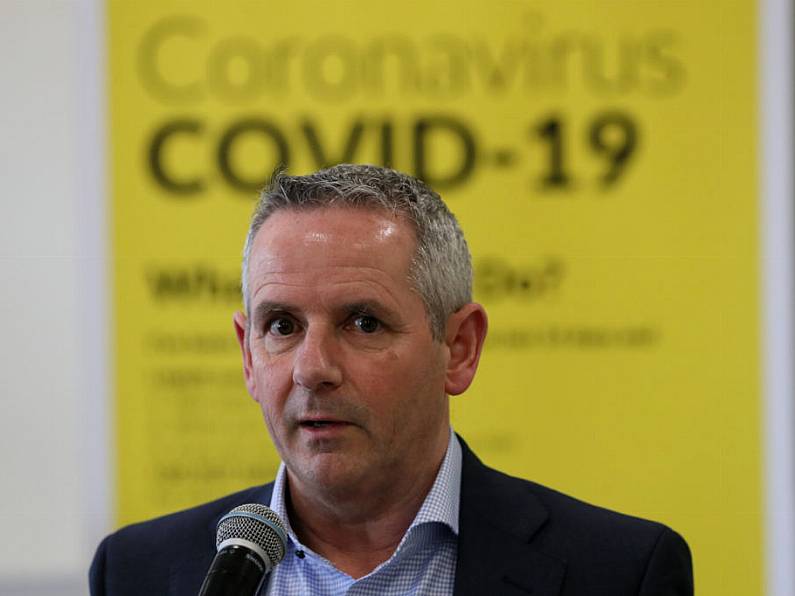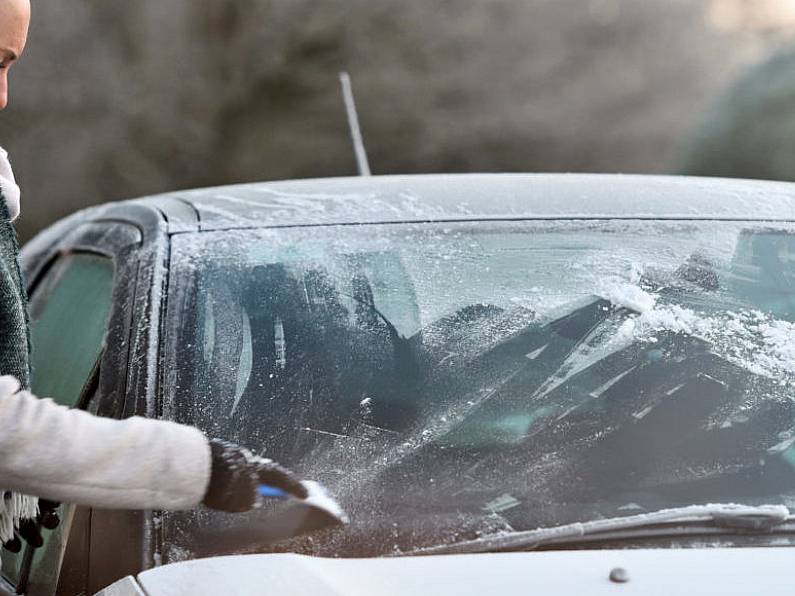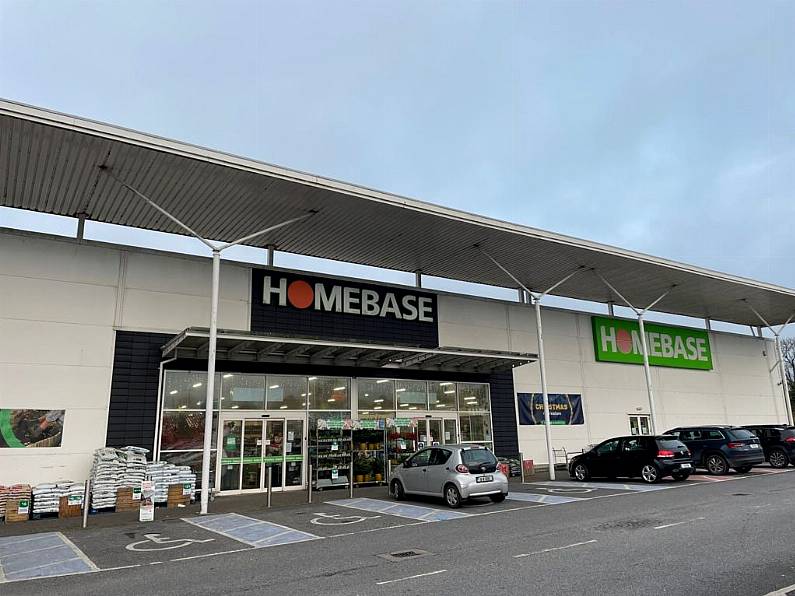By Digital Desk Staff
HSE chief executive Paul Reid has said Ireland could see 3,000 Covid-19 cases per day as the testing system catches up with reported cases.
As the Irish Examiner reports, speaking to RTÉ's Morning Ireland, the HSE Chief said the health service is on “high alert” as Covid-19 cases rise and contact tracing and Ireland's testing system tackle the growing coronavirus infection in the community.
Mr Reid said people need to reduce contacts and stay at home to protect themselves in the coming days and weeks.
Asked about the 4,000 under-reported cases, Paul Reid pointed out there were 35,000 swabs taken yesterday.
He said the system cannot cope with the lab tests being handed over to be put onto the infectious disease register.
He said it hasn't, however, had an impact in terms of contacting people. “The real picture over the last few days is most likely getting close to 3,000 cases per day. That is the extent of the virus we are dealing with.
A really tough way to end 2020 for everyone. We know what we have to do now though, as we have done it before. Thanks to everyone for your support for the HSE this year. We're not perfect but we are working hard to protect everyone. 2021 will be much brighter. @HSELive
— Paul Reid (@paulreiddublin) December 31, 2020
Tracing system
“When we get to these levels, it has a severe impact across areas, not just our systems, the health service and the volume that any system can cope with."
Asked about a decision not to test close contacts of confirmed cases and instead advise them to restrict their movements, Mr Reid said this does not represent a failure of the testing system.
Mr Reid said in mid-December, the tracing system was contacting 9,000 people per week between cases and their contacts. The HSE chief said this has increased dramatically in recent days and yesterday tracers contacted 13,000 people in one day.
He said the scale could increase from 9,000 per week to 100,000 per week if tracers need to contact this amount every day.
“What we have to do now is prioritise our capacity. Everybody remembers the 100,000 per week capacity that we wanted to build, we now have 175,000 per week capacity.
“So we have to prioritise that now for the most symptomatic people. And that’s in essence what we have had to do,” said Mr Reid.












